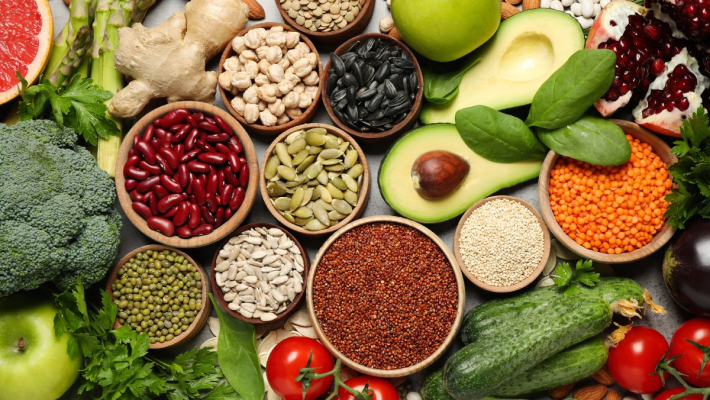Chicory
- €4,95
Organic Belgian Endive Seeds for Winter HarvestDiscover the benefits of organic Belgian endive seeds, perfect for cultivating a traditional vegetable that thrives in cover soil cultivation. This Dutch mid-early variety of Cichorium intybus produces thick,...
- €4,95
Premium Organic Endive Seeds for Autumn HarvestDiscover the benefits of organic endive seeds with the Yellow Volhart variety, known botanically as Chichorum endivia. This robust organic endive seeds option features broad, smooth leaves that are...
- €4,95
Premium Radicchio Seeds for Vibrant Salad GreensDiscover the rich flavor and striking color of radicchio seeds, perfect for enhancing your garden with Italian red chicory variety. This Cichorium intybus L. cultivar is a cross between...
- €4,95
Compact Italian radicchio seeds with decorative red headsThese radicchio seeds Rossa Di Chioggia (Cichorium intybus) produce classic Italian red heads that bring vibrant colour and structure to any vegetable patch. Known as a dependable autumn...
- €4,95
Red Chicory Seeds for Crisp Early Red Salad GreensDiscover the vibrant appeal of red chicory seeds with this early variety of Cichorium intybus L. Known for its fully red, crispy leaves, this red leaf chicory...
- €4,95
Vibrant Red Leaf Chicory and Salad GreensThe red leaf chicory seeds of the Cichorium intybus L. Grumolo variety produce both red and green leaf chicory, forming attractive rosette-shaped leafy chicory heads. These decorative chicory for...
- €4,95
Robust Redloaf Chicory for Winter Salad GreensRedloaf Chicory seeds of the Cichorium intybus L. Verona Late Red variety produce a distinctive vegetable prized for its compact chicory head and striking red color. This late season...
- €4,95
Distinctive Root Celery Palla Rossa Salad VarietyThe root celery Palla Rossa is a unique salad vegetable known for its striking red color and slightly bitter flavor, offering a vibrant addition to mixed salad ingredients. This...
- €4,95
Distinctive Rossa di Chioggia Radicchio SeedsDiscover the vibrant Rossa di Chioggia radicchio seeds, an Italian red radicchio variety prized for its dark red, lettuce-like heads and characteristic bitter flavor. This vegetable belongs to the chicory...
- €4,95
Versatile Salad Mix Seeds for Outdoor SowingDiscover the vibrant variety of salad mix seeds combining Italian salad greens such as lettuce, endive, and chicory. This Four Seasons Lettuce Endive Chicory mix features a selection of...











































































